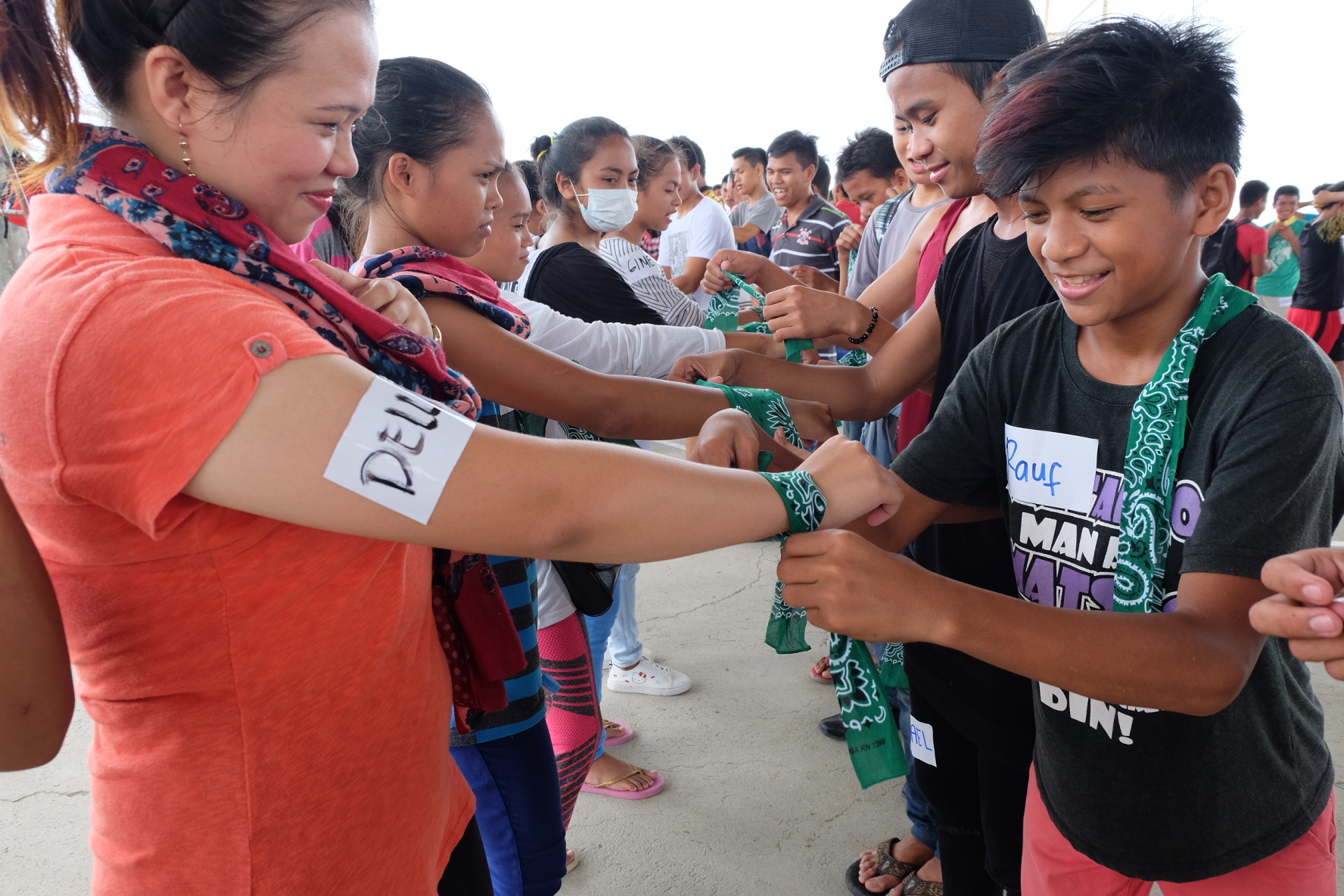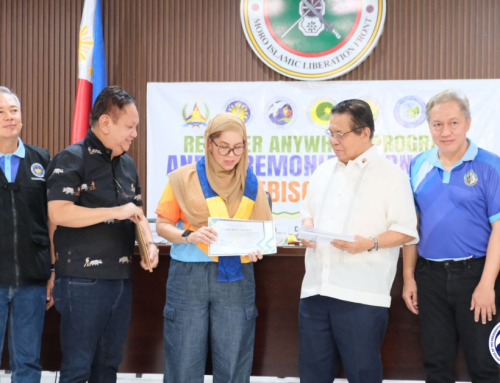ILIGAN CITY – Since the armed conflict erupted in nearby Marawi City more than two months ago, twenty-two years old Ruben Salman Ampang has been suffering from sleeping disorder.
“Nights in the evacuation site are longer. It could be the condition since you’re not at the comfort of your own home. But most cases, my sleep is being interrupted by the mental sounds of bombings and gunfights,” he said in Filipino.
Ampang was in his usual daily routine driving his motorcycle and transporting passengers in the busy alleys of Marawi’s central business district when members of the IS-aligned Maute seized several structures in their attempt to declare a caliphate in the country.
“We stayed for about three days until we were advised by the military to vacate our homes. In those days, it was hellish. The sounds of bombs and gunfires hurt my ears,” he recounted.
In dull moments, Ampang will sometimes find himself reminiscing his nightly jamming with friends.
“We usually hang out at Mapandi bridge. I play my guitar while my friends sing. We cook our meal and eat together. With the crisis, I seldom see them now. Some of them are in Manila already, while some are staying in different evacuation camps,” he said.
But on Tuesday, Ampang could not help but to rejoice at the reunion of some of his friends during the second day of the week-long “Kwentuhan Kabataan” – a psychosocial intervention and peace building effort as part of the Office of the Presidential Adviser on the Peace Process’ (OPAPP) early recovery program for the displaced individuals brought about by the armed conflict in Marawi.
Ampang and his friends are among the hundreds of young adults who were provided the needed psychosocial assistance to help them cope up with the trauma and the strain living in the various evacuation camps here.
The week-long activity, which started on Monday, July 31, is in line with the directive of OPAPP Sec. Jesus Dureza to “build relationships, bring back social cohesion, and mending the torn social fabric brought about by the armed conflict.”
This week’s program was designed specifically for the youth, following the success of its earlier engagement with the women, including mothers, in several evacuation sites here.
With the help of the youth volunteers from the Mindanao State University’s Iligan Institute of Technology, young adults underwent fun-filled games and story-telling activity to build solidarity and camaraderie.
Another displaced youth, who only identified herself as Johanisa, said that they have been living in the evacuation camps for more than two months and it’s only during the intervention that she gets to know more about other youth.
“I now considered them as one of my closest friends,” she said during a reflection session.
Her admission triggered an applause by her fellow participants.
“This kind of intervention help us not only to forget temporarily our plight but most important it thrives our determination to move forward,” Johanisa declared.
Rakila Mamosaca, a volunteer from MSU, who helped facilitate the sessions, noted the eagerness and energies of the participants on how to improve their situation in the evacuation camps.
“You can see their will-power to help themselves,” she said, noting that part of the session is to encourage participants to point out what measures they can do to alleviate their living conditions in the evacuation sites.
Among the suggested ideas are job creation, sports, physical fitness, and strengthening interfaith dialogue among the evacuees and residents in Iligan City.
Johair Comadug, a representative of the local government unit of Marawi, said they are working to ensure that the needed assistance for the youth is being looked at.
“This program is vital for us to determine what interventions that the local government of Marawi will implement for the youth,” he said.
Each session is ended with the creation of a core group who the participants named to carry out future programs for them in evacuation camps.
Dir. Ferdinand Jovita, who oversee OPAPP’s Conflict Prevention and Management Unit, said there is a need to actively engage the youth sector, which comprises the bulk of the evacuees.
He said it is important to let the youth recover from the trauma of the armed conflict and let them understand their critical role in the overall peace building.
“What we’re working on is to empower the youth and to sustain this program for them,” he said. ###












